Request Your TMJ Treatment Consultation
"*" indicates required fields
TMJ Treatment Chelmsford
Proudly serving Chelmsford and surrounding towns.
When it comes to TMJ disorder, or TMD, there are a number of treatment options at your disposal. We can help determine which particular method of TMJ treatment in Chelmsford makes the best choice for you during a consultation. Many treatments can even be performed by yourself at home without undergoing surgery.
TMJ Disorders
TMJ stands for “temporomandibular joint”, and TMD stands for “temporomandibular disorder.” This is a complex joint that leads to a challenging diagnosis because of that complexity. About 12% of people are dealing with TMJ disorders at any given time. Women develop the condition more frequently than men.
The temporomandibular joint can be found at the base of the skull. It allows your jaw to move so that you can chew and talk. It is connected to the mandible, or lower jaw, as well as the temporal bone found on the side of the skull.
Causes of TMJ Disorder
It is not always known what causes TMJ disorder, but some possibilities include:
- Physical trauma
- Arthritis
- Bruxism, or grinding teeth at night
- Infections
- Autoimmune conditions
Temporary Relief for TMJ/TMD
There are a few self-help remedies for this condition, but it is important to realize that they do not treat the underlying cause. But they have helped some people obtain temporary relief until they can visit a dentist.
Hot and Cold Packs
Hot and cold packs can be placed over the side of the face and temple to help reduce pain in the jaw area. Alternate with both hot and cold packs. Finish with a cold pack.
Restrict Jaw Movement
Avoid rapid and vigorous movements of the jaw, like wide yawning and singing. It can also help to avoid applying pressure with your hand against the side of your jaw for a long time, such as when you sleep. Also consider the amount of pressure that your phone may place on your jaw.
Diet
Stick with soft foods. Avoid hard or crunchy foods that force you to bite down hard or vigorously chew. Some foods to be avoided are raw carrots, taffy and chewing gum.
Dental Treatment
Be sure to go forward with any dental treatment needed to restore your teeth. The bite can be affected by tooth decay, which is a frequent contributor to TMJ.
Splints and Appliances
A splint can be used to minimize stress placed on your jaw to that your muscles can function as they should. It can allow for the repositioning of your lower jaw. If you find that your pain is relieved with a splint, it may be that your bite was creating the problem.
Surgical Options for TMJ Treatment
In most cases, surgery is the last option that is considered. TMJ/TMD treatment approaches are normally conservative in nature. Surgery is not always the answer.
Some surgery types include:
Arthrocentesis:
This is a minor procedure in which the joint is cleaned using needles inserted into the area to dispense sterile fluid. Some tissue may need to be removed.
Arthroscopy:
Your oral surgeon forms an incision near the ear to allow for the positioning of an endoscope. This helps guide them so that they can remove adhesions, reposition the disk, or treat inflammation.
Open Joint Surgery:
May be needed to prevent the deterioration of bony structures and deal with severe scars, tumors or chipped bone.





